13 Side Effects Of Acai Berry You Should Be Aware Of
These berries may be considered a superfood, but they are not as safe as you might think.

Image: Midjourney/ StyleCraze Design Team
We are aware of the many health benefits of acai berry. However, not many are aware of the side effects of acai berry.
Yes, this South American native berry has a few side effects too. But before we delve deep into the side effects, let us discuss what acai berry is.
If you don’t know what Acai berry is, let us explain. The Acai palm tree is native to the northern region of South America and found mostly in Brazil and other African regions. The reddish-purple berries are important for Amazonian tribal people and Brazilians. These berries grow in green bunches with a single seed inside and turn purple as they mature like grapes, and they have an oily coating. The Acai fruit puree is commonly used to make jellies, desserts, and ice-creams.
The health benefits of acai berries are several. They are rich in antioxidants and are widely used to prepare medicines that treat digestion and skin-related issues (1). Though the unprocessed acai fruit juice may not negatively affect you, the additional ingredients like toxic fillers, caffeine, tobacco, and sugar in acai berry supplements may make it harmful to your health. So, what exactly are the side effects of acai berry? Can you consume it raw? Can acai berry supplements be harmful to you? This article answers all these questions. So, let us now check out the 13 side effects of acai berry you should be aware of. Keep reading.
 Know The Flip Side: Acai Berry
Know The Flip Side: Acai BerryShort-Term Effects
Diarrhea, headache, dizziness, lower insulin levels, and inflammation, especially of the mouth, tongue, throat and lips.
Long-Term Effects
Jaundice and liver injury, plaque buildup, severe cardiac problems, and blood thinning.
Drug Interactions
Acai berry supplements that contain garlic, ginkgo, and feverfew may interact with blood-thinning medications.
When To See A Doctor
In case of diarrhea, respiratory problems (especially if you have pollen allergies), and very low blood sugar levels (especially if you have diabetes).
In This Article
Some Of The Acai Berry Side Effects Are:
Long-Term Side Effects
1. Consuming processed Acai berry supplements can lead to the buildup of plaque and toxins in the body, which can cause a host of health problems ranging from acne to Candida to fatigue.

2. Acai berry supplements contain herbs like garlic, gingko and Feverfew, which can cause the blood to thin, leading to severe bleeding (2). In fact, any health supplement containing these ingredients must be avoided.
 Trivia
Trivia3. Echinacea, a herb used in Acai supplement, can cause liver injury and allergic reactions (3).

4. Excess consumption of Acai berry enhances the effect of Vasodilatori A substance that helps in blood vessel expansion enhancing blood flow and lowering blood pressure. in the body, causing significant reduction in the blood pressure (4). This can sometimes become fatal, especially for people who suffer from cardiac problems.
Paul Claybrook, a certified nutritionist, says ”There is no official amount of acai berries that constitutes a daily serving. Eating too many is not a concern aside from potentially getting diarrhea.”
5. People who are underweight should avoid consuming Acai berry as it may suppress appetite and promote weight loss. However, this research has been done only on flies, and more studies on humans are warranted (5).
 Trivia
Trivia“It’s probably not a good idea for people that take COX-1 or COX-2 Inhibitor drugs to consume acai since it will reduce their effectiveness,” opines Paul Claybrook, a certified nutritionist.
6. Acai berry, when taken over a period of time, may cause jaundice (6). Acai fruit may affect the results of the MRI scan (7).
7. Acai berry may cause the transmission of Chagasi A parasite infection caused by Trypanosoma cruzi that is primarily transmitted through the bite of an infected triatomine bug. disease (8). It contains the remnants of tritomines- a blood sucking insect native to South America, which carries a parasite called Trypanosoma cruzi (9). It is this parasite which causes Chagas disease.
8. Lactating women should avoid consuming Acai supplements. Although there isn’t any research showing how it may affect the fetus, it is better to take precautions to avoid any unnecessary complications.

9. Other side effects of acai berries include lower insulin levels, increased weight loss, and strokes (5).

Short-Term Side Effects
10. Consuming Acai berries may cause headache, dizziness, and swelling of the mouth, lips, tongue, and throat. It may also cause wheezing or other respiratory problems.
11. Some people who are affected by pollen allergies may have trouble with Acai products. People suffering from pollen allergies have reported that their allergies were aggravated by Acai berries. Visit your doctor immediately if the problems persist.
12. People who are allergic to Acai or any other plant in the Arecaceae family, should refrain from consuming Acai berries (10).
13. Acai berry can also cause irritation in the colon and intestinal tract, causing diarrhea.
Although acai berry has no known medication interactions, you should still consume it with caution if you are on other medications. Consult with a doctor to avoid complications.
Do all these side effects mean that you should avoid consuming acai berries altogether? Definitely not! Check out the next section to find out how you can add them to your diet and still stay safe from the side effects.

Key Takeaways
- Acai berries are reddish-purple berries found in the regions of Brazil and Africa. They have an oily coating and a single seed inside.
- Consuming acai berries in excess may significantly lower blood pressure to undesirable levels.
- Acai berries are harmful to people with pollen allergies. They shouldn’t be consumed by those who are allergic to the fruit or any other member of the Arecaceae family of plants.
- Acai berries can swell the mouth, lips, tongue, and throat. They may also result in wheezing or other respiratory issues.
- Echinacea is a herb used in acai supplements that can cause liver injury.
How To Incorporate Acai Berries Into Your Diet To Prevent Side Effects
Here are some tips on how you can incorporate acai berries into your diet thoughtfully to avoid potential side effects:
- Consume acai berry products in moderation. Anecdotal evidence suggests taking 5-10g of acai powder per day might be safer. However, consult your doctor before taking any supplements.
- Avoid acai products mixed with refined sugar and additives that may lead to weight gain or blood sugar spikes.
- Add unsweetened acai to your oatmeal and smoothies. This way you can have it without overloading on sugar.
Now that you know about all the possible side effects of acai berries, you also learn how to manage them to prevent further complications. Keep reading to know more!
How To Address Negative Reactions To Acai Berry
Since most of these side effects are caused by excess consumption, you can try reducing your intake if the symptoms are mild. If they continue or worsen, stop consuming acai products and consult a doctor. A doctor will help rule out any underlying problems or possible drug interactions. Additionally, if you notice swelling, itching, or difficulty breathing, then you may have an allergic reaction. Seek medical help immediately.
If you have any existing health issues or are pregnant or nursing, it is best to consult your doctor before adding acai berries to your diet. You may want to start off with a small amount first, just one or two berries, and check how your body reacts to them. If there are no side effects, then you can gradually increase your intake.
Infographic: How To Reduce The Risk Of Acai Berry Side Effects
Most acai berry products today are gaining popularity for their health benefits. However, as we saw, these berries and their products may also cause certain adverse effects. Does this mean you have to stop consuming them altogether? Maybe not. There are a few ways to reduce the risk of side effects due to acai berries – and we discuss the same in the infographic below. Check it out.
Some thing wrong with infographic shortcode. please verify shortcode syntax
Acai berries have been used to prepare medications that treat skin and digestive disorders. The health and nutrition benefits of acai berries are numerous. However, acai berry supplements may cause some side effects. Excess consumption may lead to the buildup of plaque and toxins in the body, severe bleeding, liver injury, allergic reactions, Hypotensioni A disorder characterized by unusually low blood pressure that can result in fainting, dizziness, and insufficient blood supply to essential organs. , jaundice, and mouth swelling. Hence, consume these berries in moderation, in their original form, to avoid their adverse effects.
Frequently Asked Questions
Can acai berry cause stomach problems?
Although acai berries may not directly trigger any stomach problems, their supplements may cause gas, bloating, and gastrointestinal discomfort.
Does acai make you poop?
Yes, acai berries are loaded with fiber that can help in easing constipation and make you poop.
Is acai healthy for pregnant women?
Acai berries are considered safe for consumption during pregnancy, as acai berry has many benefits when consumed in the right amounts. However, it is better to consult your doctor before introducing anything new to your diet during this time.
Can acai cause acid reflux?
No, acai does not cause Acid refluxi A condition that occurs when stomach acid flows back into the esophagus, causing heartburn and discomfort. . Moreover, they are classified as alkaline fruits and provide relief from acid reflux.
Does acai cause inflammation?
No, acai does not cause inflammation. This fruit is known for its potent anti-inflammatory properties.
Is acai berry nightshade?
No acai berry is not nightshade.
Illustration: Side Effects Of Acai Berry You Should Be Aware Of

Image: Stable Diffusion/StyleCraze Design Team
Acai berries are popularly known as a type of superfood. However, overconsumption of the berries can lead to side effects. Watch this video to know more.
References
Articles on StyleCraze are backed by verified information from peer-reviewed and academic research papers, reputed organizations, research institutions, and medical associations to ensure accuracy and relevance. Read our editorial policy to learn more.
- Açai (Euterpe oleracea Mart.)—A phytochemical and pharmacological assessment of the species’ health claims
https://www.sciencedirect.com/science/article/abs/pii/S1874390010001096?via%3Dihub - Gingko biloba: a case report of herbal medicine and bleeding postoperatively from a laparoscopic cholecystectomy
https://pubmed.ncbi.nlm.nih.gov/11206893/ - Echinacea
https://www.ncbi.nlm.nih.gov/books/NBK548440/ - Cardiovascular and Metabolic Effects of Açaí, an Amazon Plant
https://www.researchgate.net/publication/286767042_Cardiovascular_and_Metabolic_Effects_of_Acai_an_Amazon_Plant - Açai Palm Fruit (Euterpe oleracea Mart.) Pulp Improves Survival of Flies on a High Fat Diet
https://www.ncbi.nlm.nih.gov/pmc/articles/PMC2826513/ - Acai Berry Induced Cholestatic Jaundice
https://www.journalmc.org/index.php/JMC/article/view/1794/1166 - Acai
https://www.nccih.nih.gov/health/acai - Oral Transmission of Chagas Disease by Consumption of Açaí Palm Fruit, Brazil
https://www.ncbi.nlm.nih.gov/pmc/articles/PMC2671433/ - Survival in vitro and virulence of Trypanosoma cruzi in açaí pulp in experimental acute Chagas disease
https://pubmed.ncbi.nlm.nih.gov/22410239/ - Herbs at a Glance: Acai
https://www.doc-developpement-durable.org/file/Culture/Arbres-Fruitiers/FICHES_ARBRES/a%C3%A7ai/Acai_NIH_file.pdf
Read full bio of Reda Elmardi
- Paul Claybrook, MS, is a certified nutritionist with 4 years of experience. He is an administrator in the Garfield County Health Center.
 Paul Claybrook, MS, is a certified nutritionist with 4 years of experience. He is an administrator in the Garfield County Health Center.
Paul Claybrook, MS, is a certified nutritionist with 4 years of experience. He is an administrator in the Garfield County Health Center.
Read full bio of Tanya Choudhary
Read full bio of Ravi Teja Tadimalla
Read full bio of Moksha Gandhi








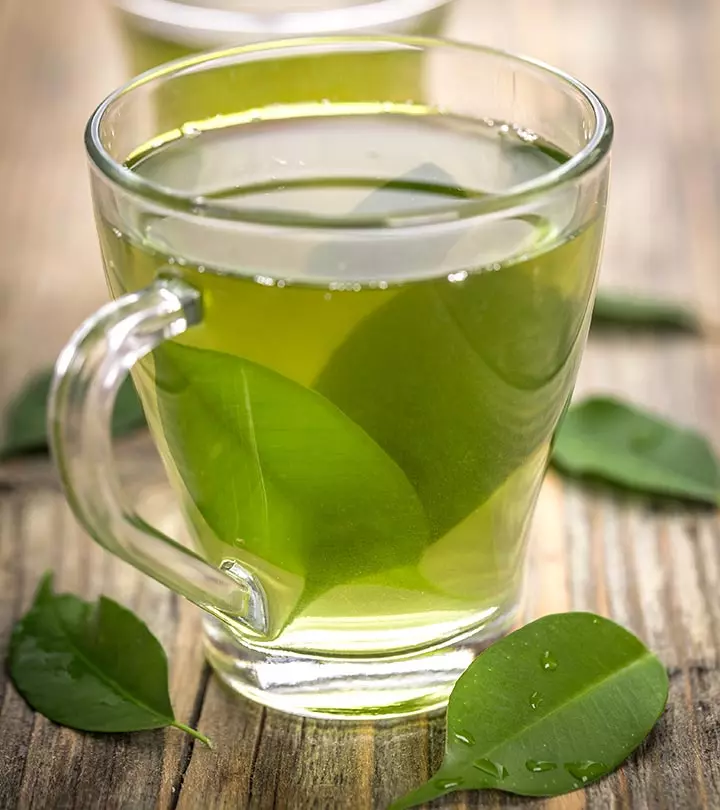


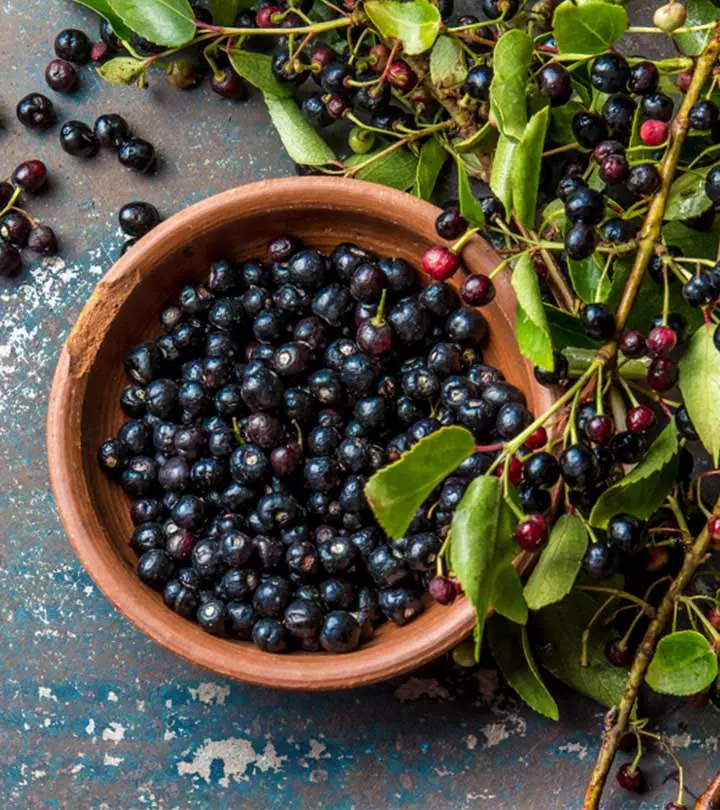



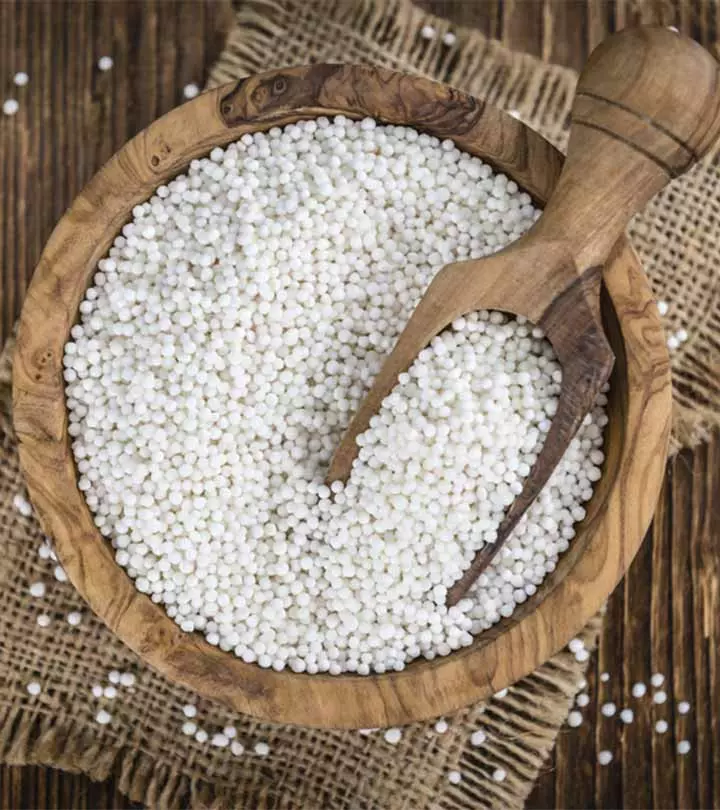



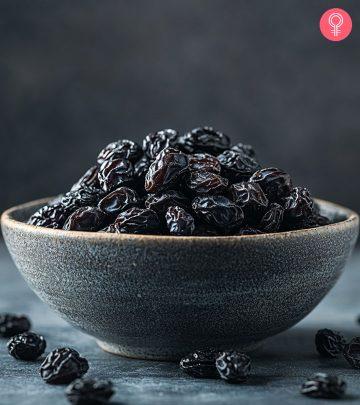
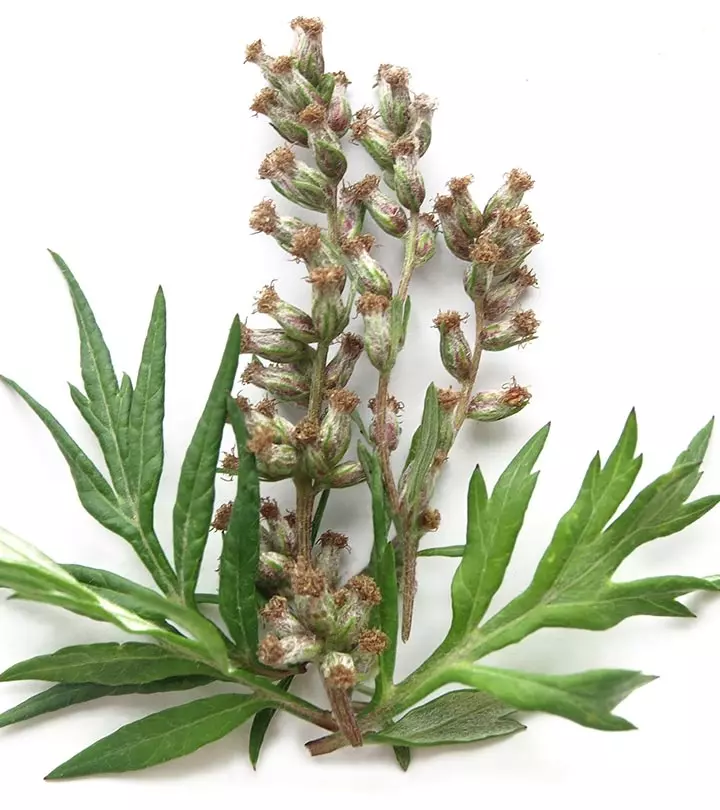





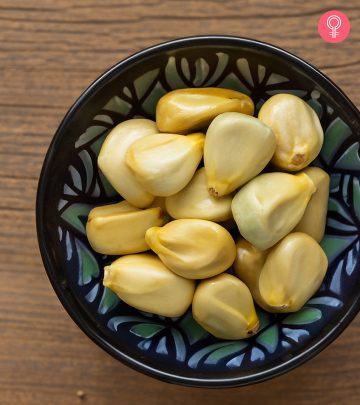
Community Experiences
Join the conversation and become a part of our empowering community! Share your stories, experiences, and insights to connect with other beauty, lifestyle, and health enthusiasts.